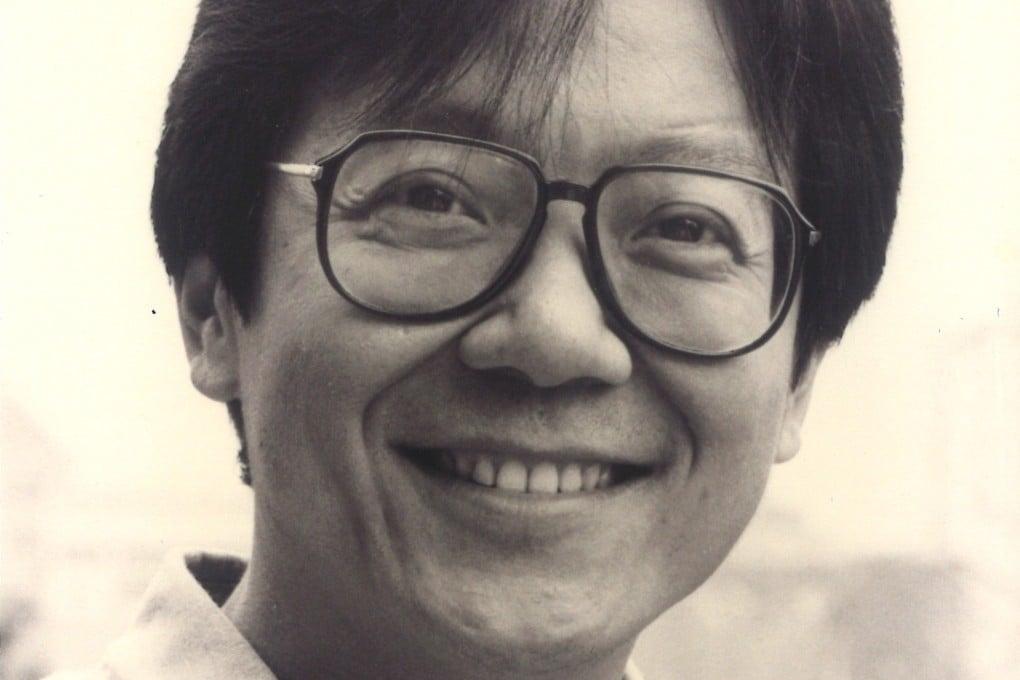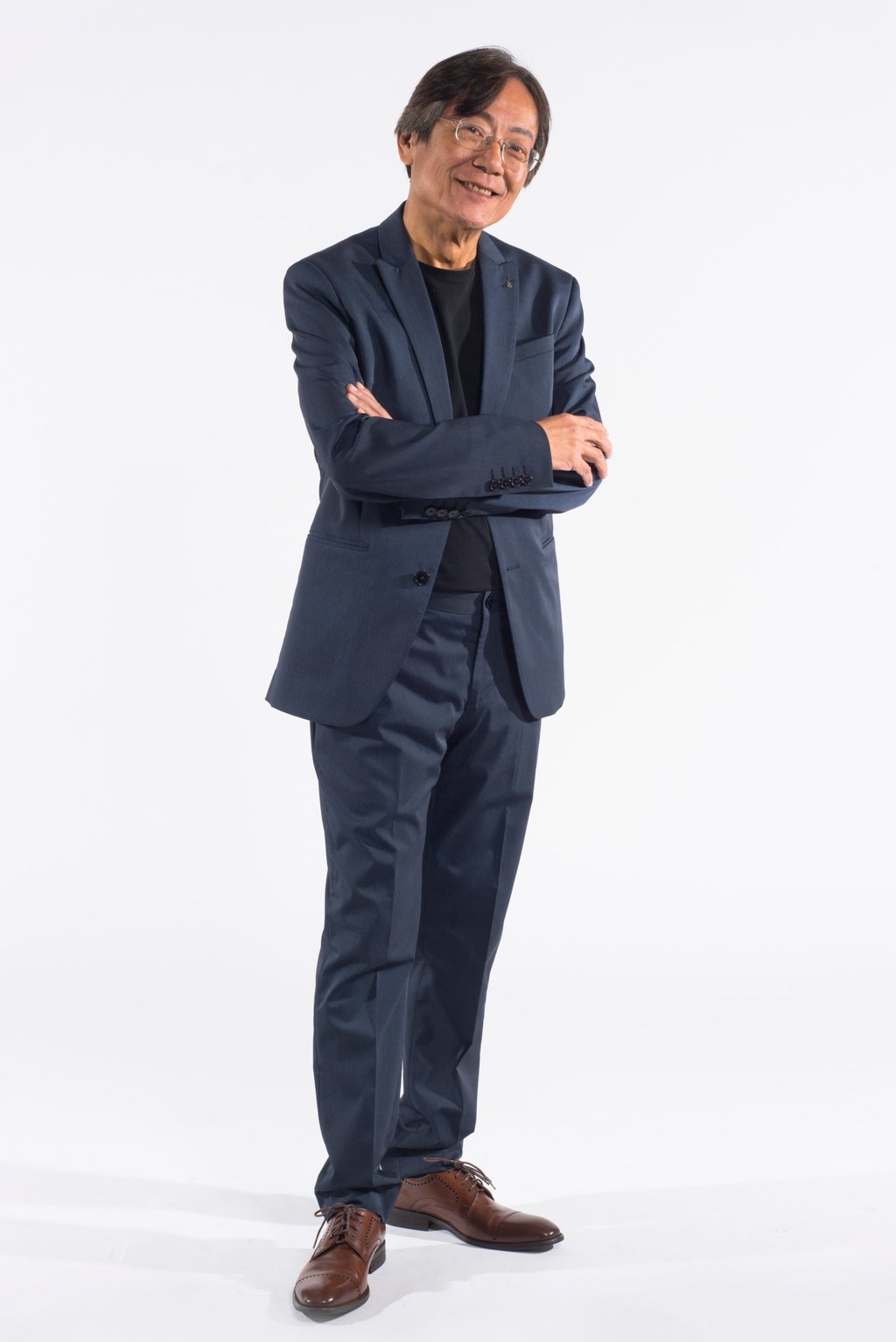Remembering Hong Kong theatre legend Ko Tin-lung, who died in his sleep aged 69. ‘He had a great eye for new talent’
- Ko acted in, wrote and directed hundreds of plays in his almost 40-year career, including runaway successes I Have a Date with Spring, and The Mad Phoenix
- Born in Hong Kong in 1953, he started acting at secondary school before being hired full-time as an actor by the Hong Kong Repertory Theatre in 1983

In 2016, Ko Tin-lung was asked by the Hong Kong branch of the International Association of Theatre Critics to pick one play out of all the ones he had been involved in that had meant the most to him.
Of the hundreds that he had acted in, written and directed over three decades, he chose One of the Lucky Ones, a 1990 play that he adapted from the autobiography of Lucy Ching Man-fai, a blind activist and social worker in Hong Kong.
The 1992 production I Have a Date with Spring, directed by Ko and performed by the Hong Kong Repertory Theatre (HKRT), might have been the more obvious choice; the production was one of the most successful in modern Cantonese theatre.
Written by Raymond To Kwok-wai, I Have a Date with Spring – the story of four former nightclub singers and how their lives were changed by major political upheavals from the 1960s onwards – was a hit from the start. It turned lead actress Alice Lau Nga-lai into a star overnight and led to numerous film, television and stage spin-offs in Hong Kong and mainland China over the years.

Alternatively, there was that other legendary creation of Ko and To, the 1993 play The Mad Phoenix, based on the real-life story of a genius Cantonese-opera scriptwriter. That, too, was turned into a film and had sold-out reruns.